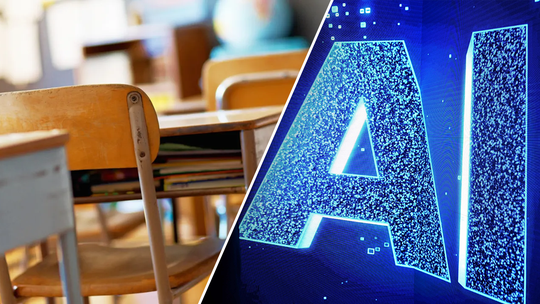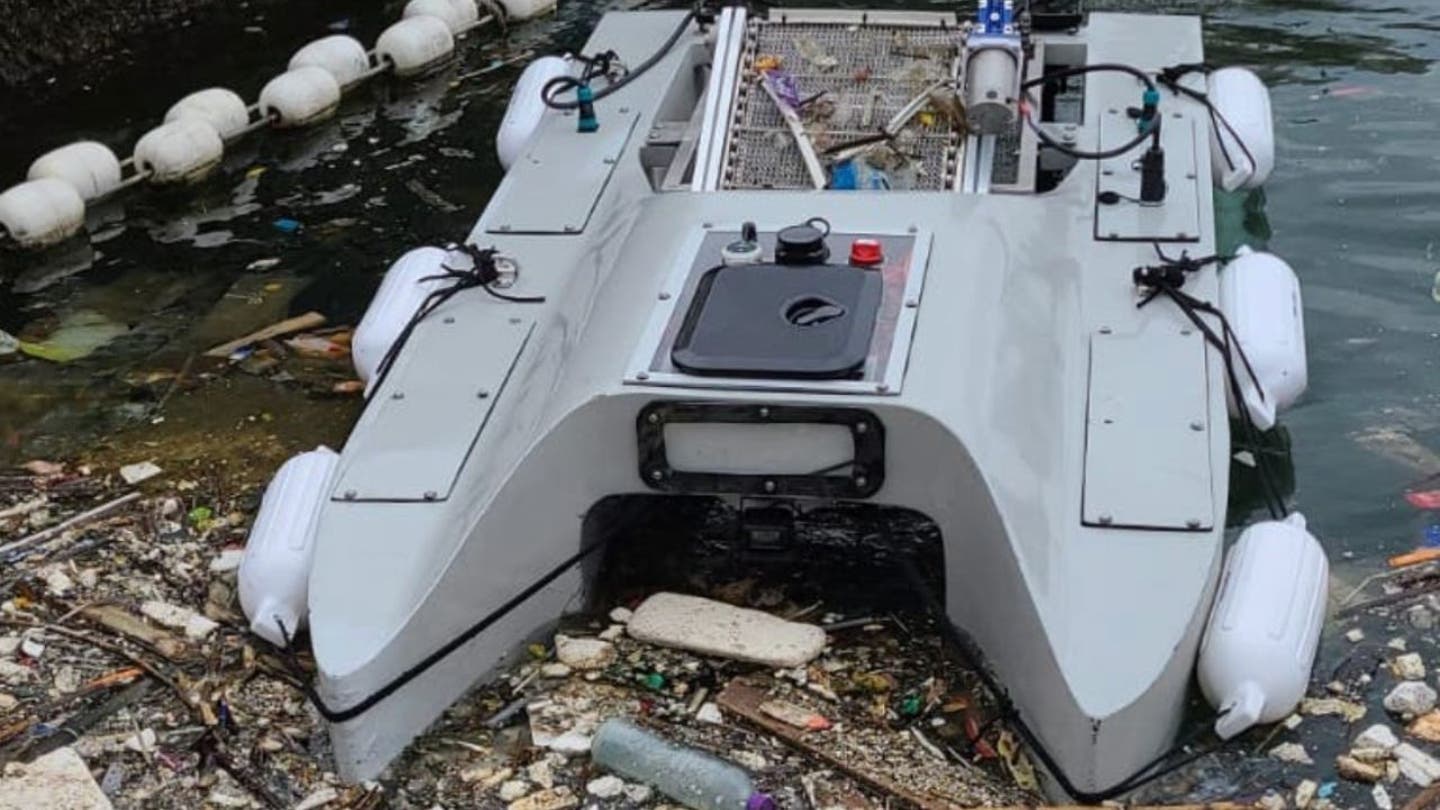The Future of Education: AI's Potential Impact on U.S. Schools
- April 25, 2024 09:02am
- 317

The rapid development of artificial intelligence (AI) is sparking concerns about its potential impact on various industries, including education. Experts have begun to weigh in on how AI might transform U.S. schools and the role of teachers within them. Some economists have issued warnings that AI could eventually lead to the obsolescence of traditional schooling and the elimination of teaching as a profession.
Artificial intelligence (AI) has emerged as a transformative force across multiple sectors, and its potential impact on education has garnered significant attention. As AI technologies continue to advance, experts are actively debating their implications for the future of U.S. schools and the teaching profession.
One prominent economist, Peter Schiff, predicts the eventual demise of teaching as AI becomes more sophisticated. In a statement to Fox News Digital, Schiff asserted, "One of the jobs that is likely to be eliminated by AI is teaching." He further elaborated, "I think certainly for elementary school education K through 12. I think at the end of the day, schools will be obsolete. The teachers, the administrators, the unions, the whole bureaucracy."
Schiff's perspective raises concerns about the potential displacement of teachers by AI-powered systems. Advocates for AI in education argue that it can enhance the learning process by providing personalized and interactive experiences tailored to individual students' needs. AI-enabled tools can offer immediate feedback, monitor progress in real-time, and identify areas where students require additional support.
However, critics of AI in education express reservations about the loss of human connection and the potential for bias in AI algorithms. They emphasize the importance of human teachers in fostering critical thinking, creativity, and social development in students.
Amidst these debates, it is crucial to acknowledge that AI is still in its nascent stages of development. Its capabilities and limitations in the context of education remain to be fully understood. Further research and experimentation are necessary to determine the optimal ways to integrate AI into teaching and learning practices.
The future of education is likely to be shaped by a combination of human teachers and AI-powered technologies. AI can revolutionize the delivery of educational content, freeing up teachers to focus on higher-level tasks such as mentoring, guiding, and inspiring students.
It is essential for educators, policymakers, and technology experts to collaborate in developing ethical and responsible approaches to AI integration in education. This includes addressing issues of privacy, bias, and equitable access to AI-powered learning tools.
As AI continues to evolve, it is imperative to strike a balance between harnessing its potential to enhance learning and ensuring that it complements rather than replaces the role of human teachers. The future of education lies in a thoughtful integration of technology and human expertise, where AI serves as a valuable tool that empowers both teachers and students.
Related articles
-
 AI in Education: Personalized and Supportive Learning Experiences for the Future
Artificial intelligence (AI) has long been a part of the scientific landscape, but recent advancements have made it possible to harness its potential...
AI in Education: Personalized and Supportive Learning Experiences for the Future
Artificial intelligence (AI) has long been a part of the scientific landscape, but recent advancements have made it possible to harness its potential...
- 03 Jul 2024
-
 AI-Powered Exoskeleton Lightens the Load, Elevates Mobility
Researchers have created an AI-driven exoskeleton that seamlessly adapts to provide remarkable mobility assistance and energy savings. The...
AI-Powered Exoskeleton Lightens the Load, Elevates Mobility
Researchers have created an AI-driven exoskeleton that seamlessly adapts to provide remarkable mobility assistance and energy savings. The...
- 02 Jul 2024
-
 Autonomous Roboboats: The Future of Waterway Cleanup
Clear Robotics, a groundbreaking startup, has developed autonomous robot boats known as Clearbots. These vessels utilize advanced technology to...
Autonomous Roboboats: The Future of Waterway Cleanup
Clear Robotics, a groundbreaking startup, has developed autonomous robot boats known as Clearbots. These vessels utilize advanced technology to...
- 01 Jul 2024
-
 Scammers Use AI to Clone Voices, Targeting Victims with Emotional Cons
Scammers are using AI to clone voices and target victims with emotional cons. They extract voice samples from social media and create chillingly...
Scammers Use AI to Clone Voices, Targeting Victims with Emotional Cons
Scammers are using AI to clone voices and target victims with emotional cons. They extract voice samples from social media and create chillingly...
- 01 Jul 2024
-
 Morgan Freeman's Stance Against Defund the Police Movement
Actor Morgan Freeman has voiced his opposition to the defund the police movement, emphasizing the importance of law enforcement in safeguarding...
Morgan Freeman's Stance Against Defund the Police Movement
Actor Morgan Freeman has voiced his opposition to the defund the police movement, emphasizing the importance of law enforcement in safeguarding...
- 01 Jul 2024
-
 Sheryl Crow's Outcry Against Drake's AI-Generated Tupac Homage
Sheryl Crow has expressed strong disapproval of Drake's use of artificial intelligence to replicate Tupac Shakur's voice in his recent song, "Taylor...
Sheryl Crow's Outcry Against Drake's AI-Generated Tupac Homage
Sheryl Crow has expressed strong disapproval of Drake's use of artificial intelligence to replicate Tupac Shakur's voice in his recent song, "Taylor...
- 29 Jun 2024

Leave a comment
Your comment is awaiting moderation. We save your draft here
0 Comments
Chưa có bình luận nào